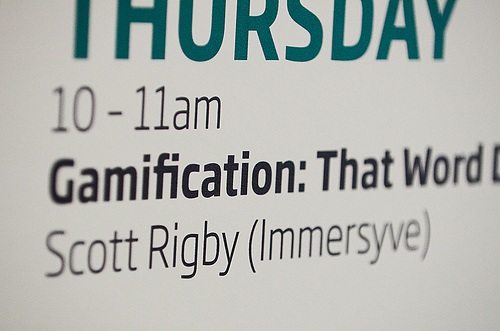
August 5, 2013; Calgary Herald
The Purposeful Planning Collaborative Rendezvous gathered in Broomfield, Colorado, recently to discuss holistic financial strategies that increase the overall well-being of the individual and families. The wealth management and legal professionals who gathered discussed charity, volunteerism, social impact investing, community engagement, and other ways that doing good can add to a family’s total experience of wealth.
Gena Rotstein of Dexterity Consulting presented on the next generation of donors. She also attended a session by Dr. Stephen Post, bioethicist and researcher, on the effects of kindness and philanthropy on the brain. Post’s research demonstrates that youth who volunteer and are civically engaged experience positive health outcomes later in life. This was juxtaposed with research about youth who played (mostly violent) video games, which were shown to negatively affect brain development.
Rotstein asks, “By gamifying philanthropy (through mobile apps and websites) are we negatively affecting the way that children/youth brains develop? And by incentivizing giving through these same platforms, are we risking the possibility of removing the overall health benefits that voluntary (i.e., non-rewarded) community engagement provides in the long run?”
Sign up for our free newsletters
Subscribe to NPQ's newsletters to have our top stories delivered directly to your inbox.
By signing up, you agree to our privacy policy and terms of use, and to receive messages from NPQ and our partners.
Big questions.
The term gamification refers to the use of game-thinking in contexts outside of actual games. For example, consider donor reward systems, including points, progress bars, badges, or levels. PETA’s free iPhone and Android app is a prime example of the gamification of philanthropy. Users receive breaking news on issues related to the organization’s mission and are encouraged to take actions such as sending letters to elected officials and donating directly via the app. Every action taken increases the users’ profiles and enables them to reach levels such as “Private Penguin,” “Captain Cow,” and “Admiral Ape.” These levels may appear silly to an outsider, but can be remarkably incentivizing to users. In fact, some users are even posting screen shots of their ranking on Twitter.
Another example of philanthropic gamification is the 48-hour Charity App Challenge led by the Calgary Herald, Digital Alberta, and Place2Give. The challenge was posed to forty local developers, working in eight teams, to develop “top-notch apps and brilliant tech solutions that launch worthy organizations into the mobile technology space.” The winning team, selected by a panel of judges, received a $37,000 contract to further develop and refine their ideas for use by local charities.
Rotstein wonders if these types of rewards (“Captain Cow” or a paid contract) actually decrease the positive effects of philanthropy. Is the focus on the personal reward, or on the mission involved? Does that change brain architecture? Does it decrease the aspects of philanthropy that Post’s research demonstrates promote positive health outcomes?
The brain is remarkably plastic. The first few years of life are a period of high brain growth, but experiences throughout our lives affect our brain architecture. The structures of modern life—mobile technology, big data, video games—are undoubtedly changing the brain in ways not yet clear. What do you think?—Jennifer Amanda Jones













